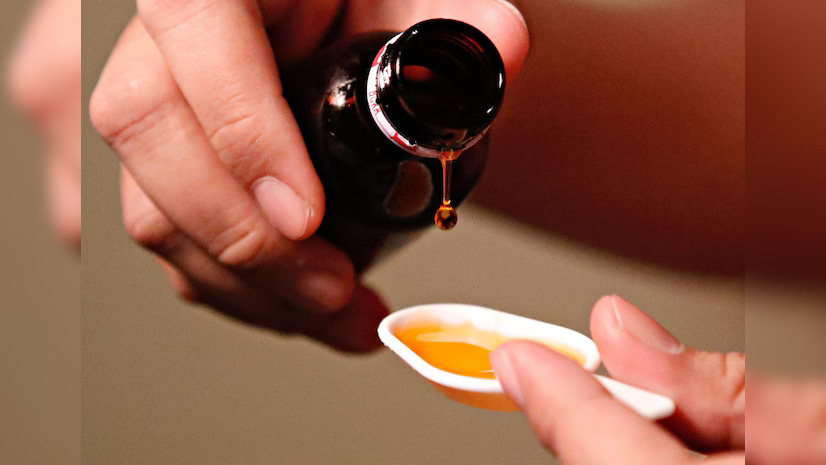Arish Mujawar, Pune
Over 100 Indian pharmaceutical firms’ cough syrup samples failed quality testing, according to a government report that The Economic Times reported. The same poisons that were discovered in cough syrups connected to 141 children who passed away in the Gambia, Uzbekistan, and Cameroon were also present in some of the samples that were collected.
It was found that cough syrups imported to the Gambia from India included ethylene glycol (EG) and diethylene glycol (DEG), which led to several young people suffering from acute kidney injury (AKI). Following several deaths overseas linked to these Indian cough syrups, the Indian government implemented stricter manufacturing restrictions. This is an effort to enhance their efficacy and safety. It is necessary to resolve issues with pharmaceutical product quality and improve the industry’s standing.
It is the responsibility of the manufacturer to ensure that medicines meet quality requirements, are suitable for the intended uses, and have no adverse effects on patient safety, efficacy, or licensing compliance.
Companies are not allowed to sell the final product until they have obtained “satisfactory results” from testing the ingredients. It also said that they have to save enough intermediate and finished good samples to enable batch verification or additional testing.
In response to international concerns about the safety and quality of drugs provided by the country, India’s drug regulatory agency is progressively updating the approval process for exporting pharmaceuticals.
India is updating its Certificate of Pharmaceutical Product (CoPP) to comply with the World Health Organization’s certification of good manufacturing standards. The goal of this action is to raise the standard and safety of pharmaceutical products.
India’s pharmaceutical industry has the third greatest volume share in the world, with a market value of more than $50 billion. It supplies more than half of the world’s vaccine needs, which makes it a major supplier of generic drugs worldwide. Furthermore, India supplies more than 40% of the US market for generic medications and 25% of all pharmaceuticals used in the UK.
